 If dreams are the royal road to the unconscious, as Freud claimed, then that route may be a highway full of tortuous twists and turns—leading nowhere. But it affords some spectacular vistas along the way.
If dreams are the royal road to the unconscious, as Freud claimed, then that route may be a highway full of tortuous twists and turns—leading nowhere. But it affords some spectacular vistas along the way.
By turns, dreams have been deemed prophecies of the future, full of meaning—if only someone could figure out what it is—or the effluence of nerve cells randomly unwinding from a busy day. Once considered a hallmark of the periodic surges of brain activity known as rapid-eye-movement sleep, dreaming now seems somewhat less bundled up; at least 25 percent of dreams are scattered through other parts of the night. Dreaming has been seen as critical for learning, or at least important for solving problems—or as nice but unnecessary. It's an emblem of mental illness—or a safety shield deflecting it.
The newest switchback on dreams comes from South African neuroscientist Mark Solms. Maybe, says Solms, we've been confusing cause and effect. Dreams, he suggests, are not a by-product of sleep, as has been assumed all along. Dreaming may be what allows us to sleep in the first place.
"Dreams protect sleep, " Solms says. They furnish an ersatz world to keep the brain temporarily occupied in its unyielding quest for activity. His iconoclastic view of dreams springs from emerging evidence that REM sleep and dreaming are not synonymous, and that the brain mechanisms involved in REM sleep may be entirely different from those involved in dreaming. Dreaming, in fact, is now thought to recruit areas of the brain involved in higher mental functions.
In other words, dreaming does for the brain what Saturday-morning cartoons do for the kids: It keeps them sufficiently entertained so that the serious players in the household can get needed recovery time. Without such diversion, the brain would be urging us up and out into the world to keep it fully engaged.
"Dreams are a delusional hallucinatory state" driven by activation of the brain's basic motivational system, Solms told a gathering of scientists in New York City. And like delusions, they appear to be stoked by an abundance of the neurotransmitter dopamine.
Source: www.psychologytoday.com
You might also like:

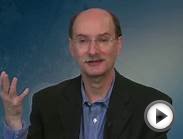

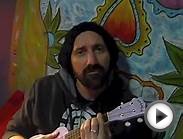
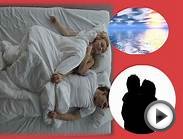
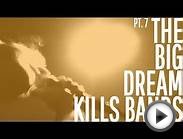


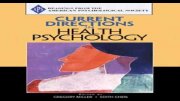


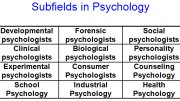
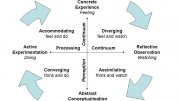








Hume's moral theory is a view in meta-ethics according to which morality is somehow grounded in moral sentiments or emotions.
There are 5: 1. Behavioral Theories 2. Cognitive Theories 3. Developmental Theories 4. Humanist Theories 5. Personality Theories.